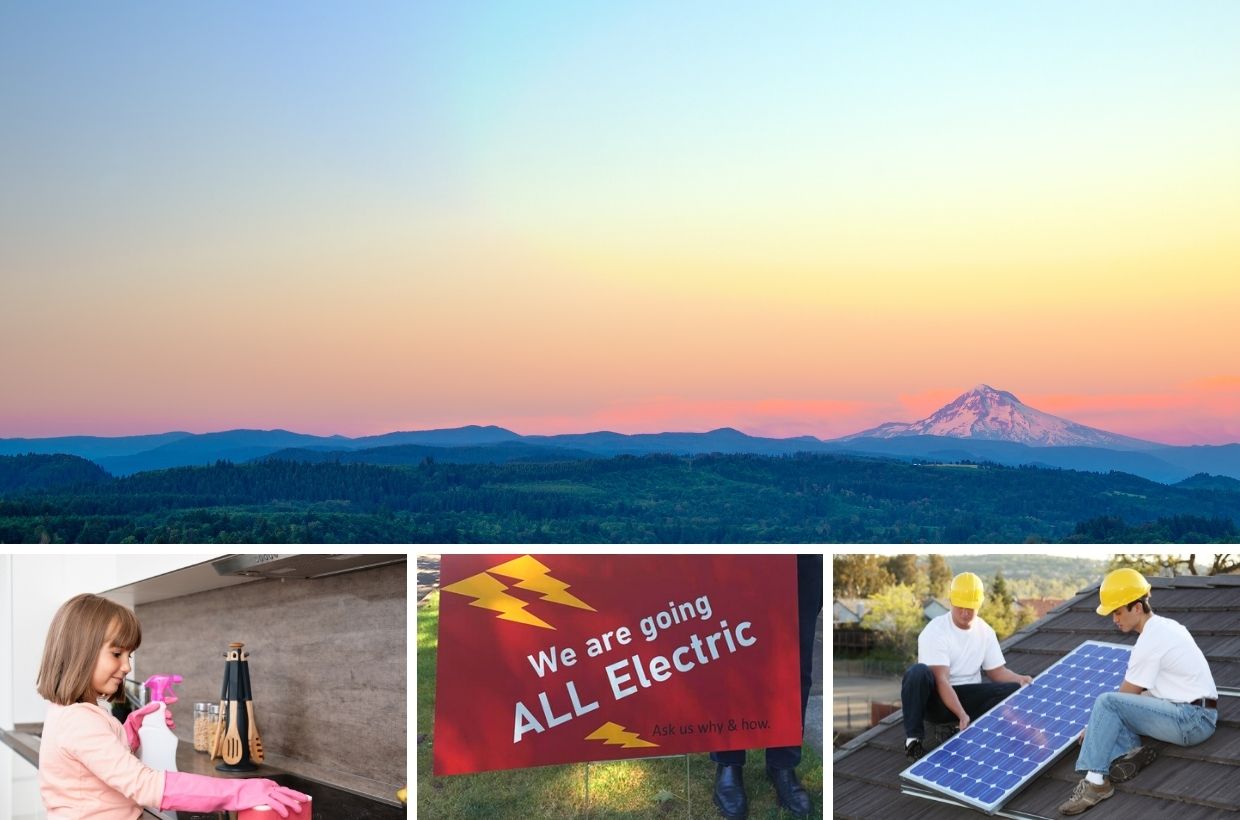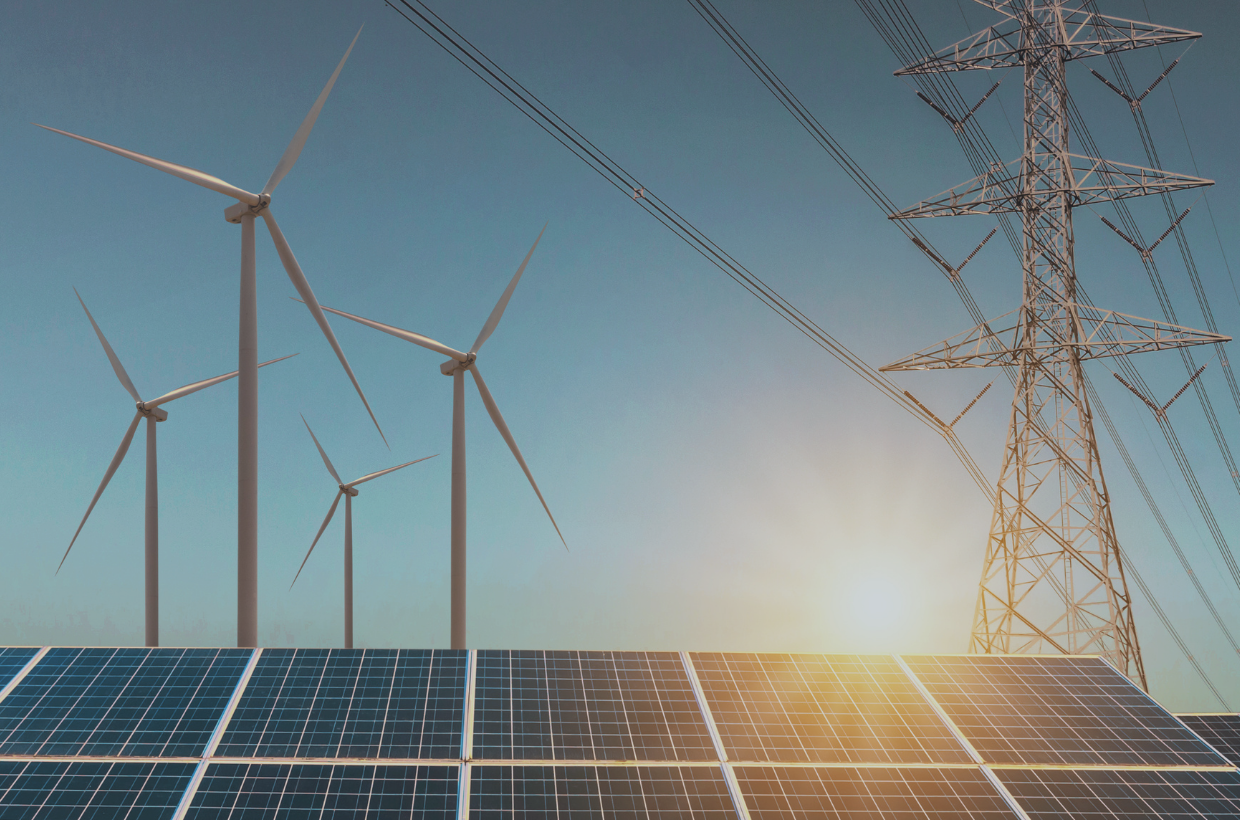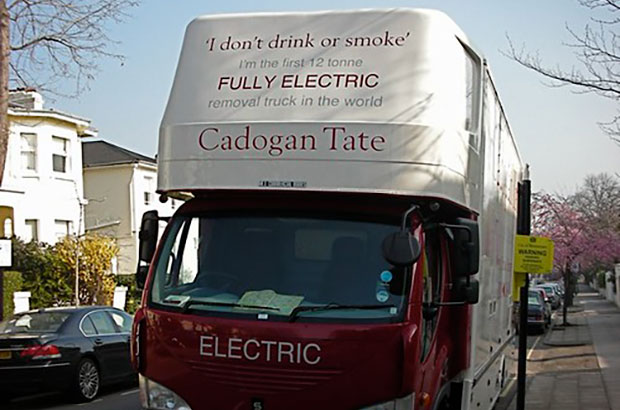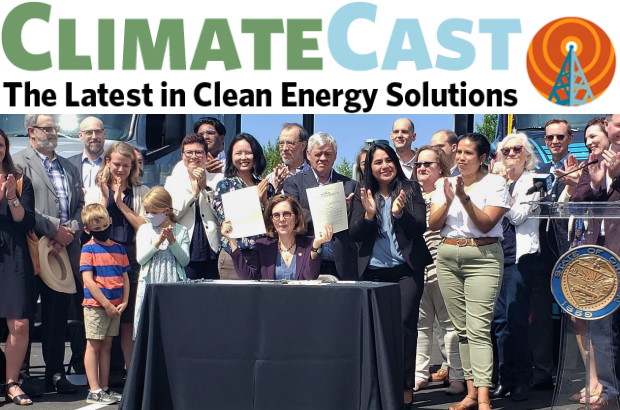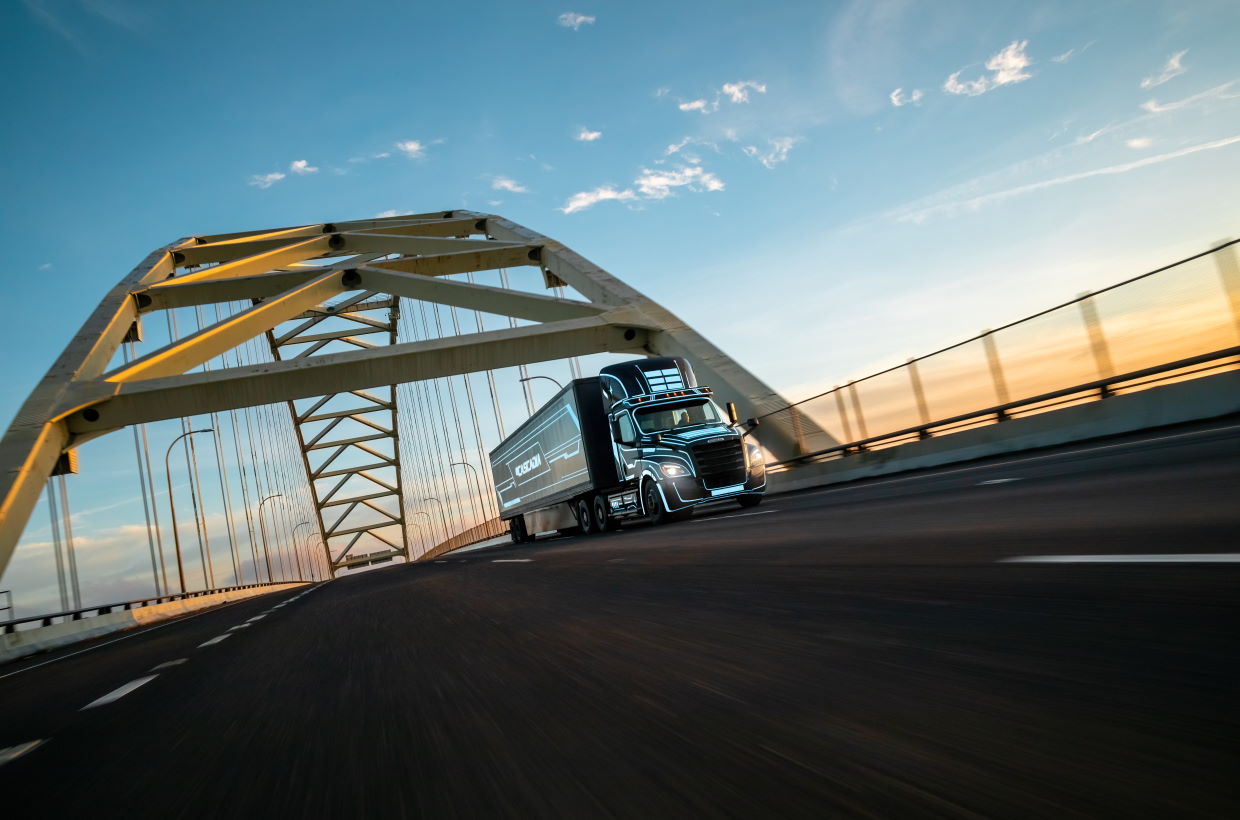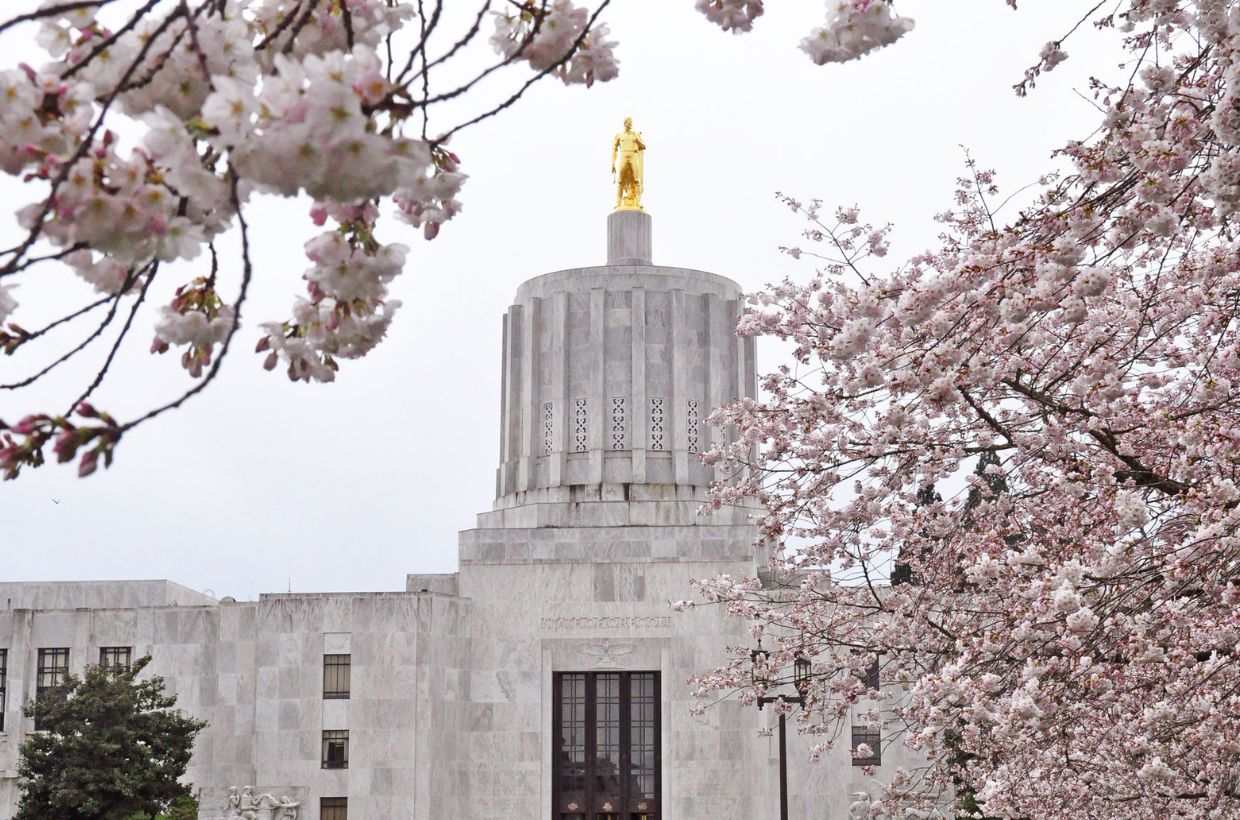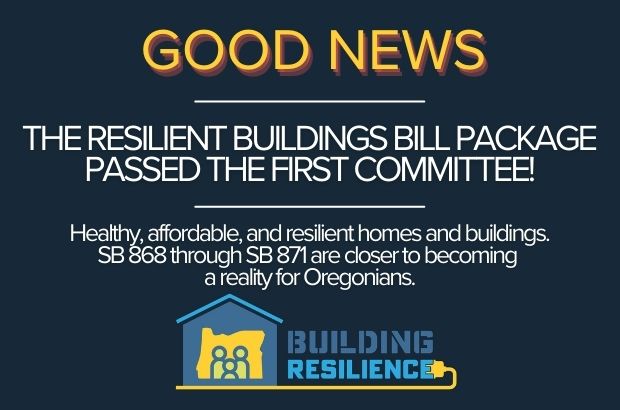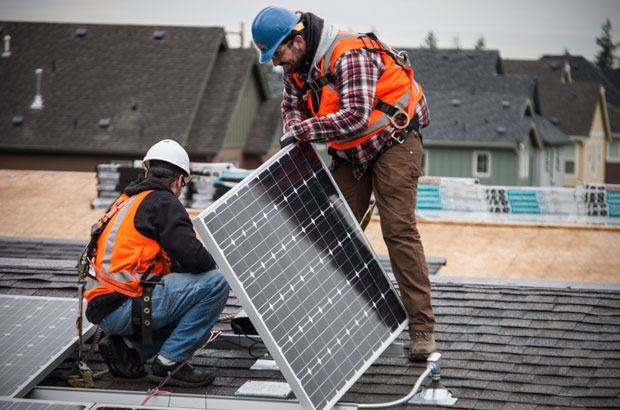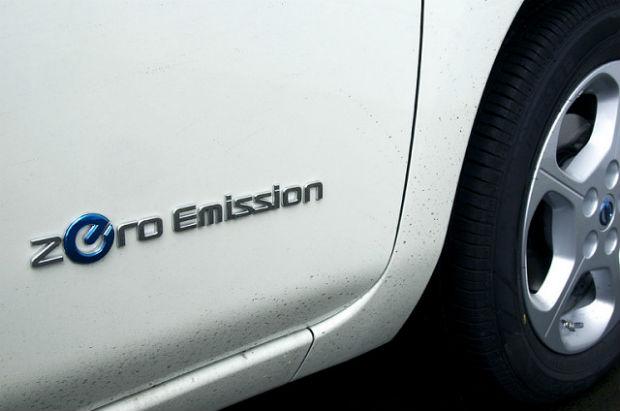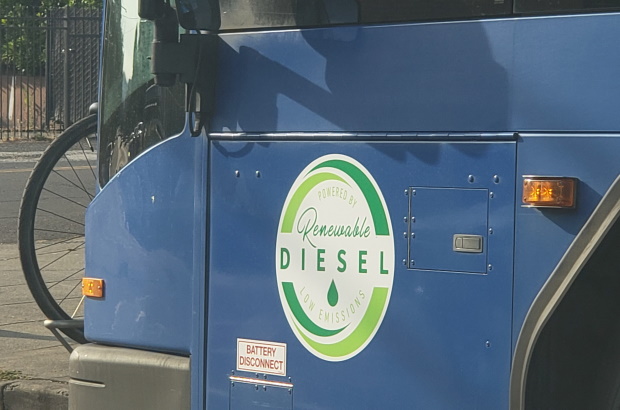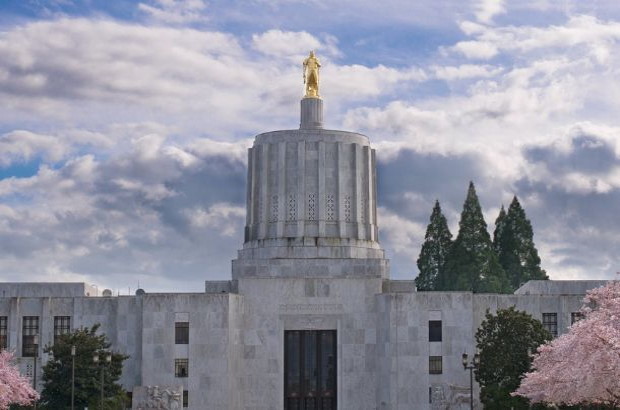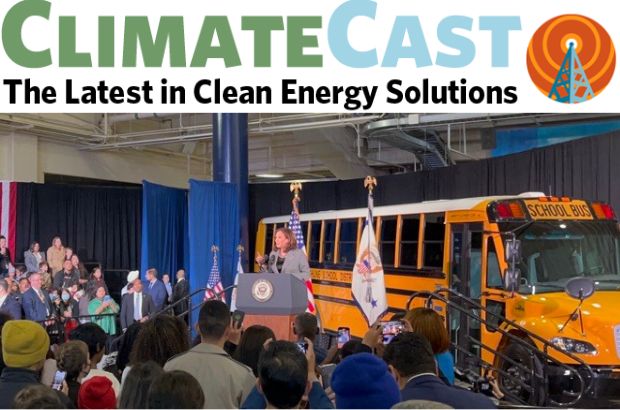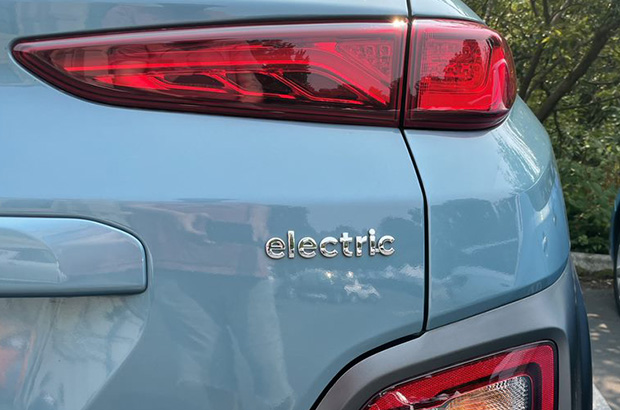Oregon State Government
by Greer Ryan on
As heat rises, fossil fuel pollution from Oregon’s buildings looms large.
by Kimberly Larson on
Our latest Climate Leaders Live webinar celebrated the Pacific Northwest as the first region to commit to 100% clean energy.
by Victoria Paykar and Leah Missik on
Right now, both Washington and Oregon are taking important steps to clean up bigger trucks and vehicles. Read on to learn more about these potential…
by Kimberly Larson on
A remarkable thing happened for the climate this summer. Let's dive into the details together.
by Jonathan Lee on
Panelists will share why these two rulemakings are critical for their constituents, answer questions from the audience, and discuss next steps on how…
by Jonathan Lee on
Increasingly, the Pacific Northwest sees the impacts of climate change in real time.
by Jonathan Lee on
Oregon's Department of Environmental Quality has been developing rules to hold our state's biggest polluters accountable for the first time, but we'…
by Stephanie Noren on
A federal "down payment" on climate (?), green hydrogen, and a note on this summer's extreme heat
by Jonathan Lee on
Oregon’s 2021 legislative session has come to a close. We’ve made some major progress on statewide climate action, but before we dive into those…
by Victoria Paykar on
Oregon passed two clean transportation bills so far this year, but our work isn’t over.
by Jonathan Lawson on
Last weekend's record-breaking heat dome has largely passed, but continues to wreak havoc with heat-related deaths, power outages and wildfires
by Meredith Connolly on
HUGE NEWS from Salem!! House Bill 2021, which commits Oregon to 100% clean, carbon-free energy by 2040, was just passed by the state legislature!
by Meredith Connolly on
23 days. That’s how much time is left in the legislative session in Salem.
by Stephanie Noren on
Climate tailwinds in Oregon, Ford reigns EV, and Big Oil shakedown in this week's ClimateCast
Give for a brighter future
Connect
Join our email list to learn about what we do and how to get involved.
2025 OR Policy Notes
Stay tuned for further updates!
